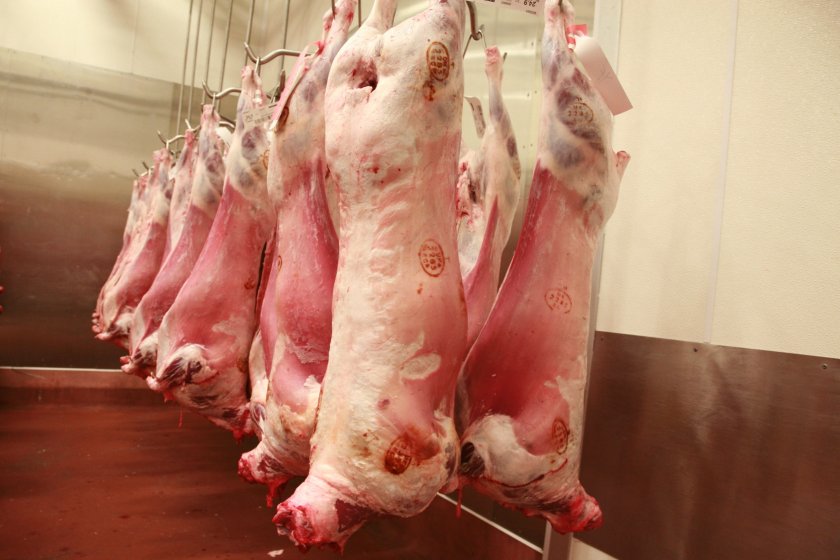
A designation has been confirmed for the ABP Guildford abattoir to accept animals for slaughter from the Temporary Control Zone (TCZ) in Kent.
This is the first abattoir outside the zone to be able to accept animals for slaughter from the TCZ, which was set up last month following a bluetongue outbreak.
It comes as further cases of the virus were confirmed over the weekend within the TCZ, bringing the total number of cases to 23 since 11 November.
Dr Joseph Henry, chair of the Ruminant Health & Welfare (RH&W) bluetongue working group, welcomed the designation as a positive development.
He said: “The Guildford site can now accept animals on licence, so if you need to move animals, please apply for licences.
“The hope is that other abattoirs will now follow suit to obtain designated status as this will further help ease the situation in the TCZ for farmers to be able to move animals to slaughter."
Whether for welfare needs or to send to slaughter, if farmers need to move animals, they are being encouraged to apply now.
Dr Henry added: “Please be as prepared as possible by planning and applying for a licence ahead of time – work with your vet to identify if there are welfare risks to your livestock.
“Forage shortage, flooding, and poaching will also be a consideration for farmers at this point – consider if your animals are able to exhibit the five freedoms; freedom from thirst and hunger, discomfort, pain and disease, fear and distress or the ability to exhibit normal behaviour.”
Kent is still seeing positive cases of bluetongue being confirmed, but so far these are all non-clinical, being picked up from the surveillance within the existing TCZ.
Defra says there is still no evidence of the disease circulating at this stage.
The TCZ is not being extended and movement restrictions continue to apply to cattle, sheep and other ruminants in the zone.
Recent cases confirmed include a case in a sheep on a new holding, then a further three cases in cattle were identified from the same herd as five positives previously confirmed.
These cases are all within the Kent TCZ in the Sandwich Bay area, bringing the total number of cases to 23 associated with nine different farm businesses.
Dr Henry concluded: “It is still fundamental for farmers to beware when buying animals in, take action to report any signs, and always, remain vigilant."
